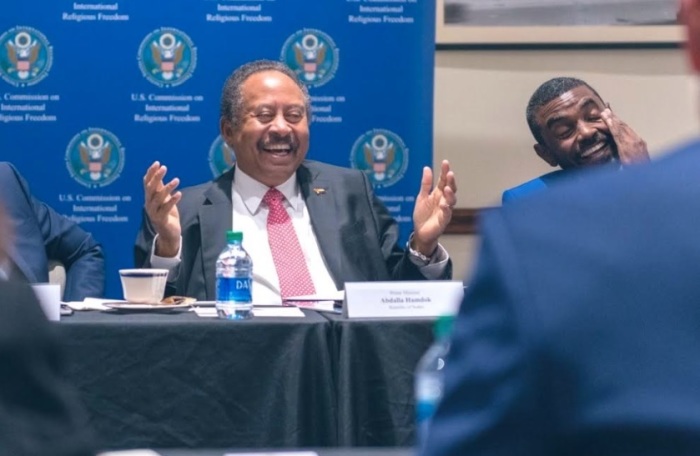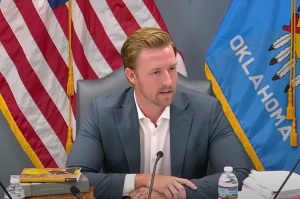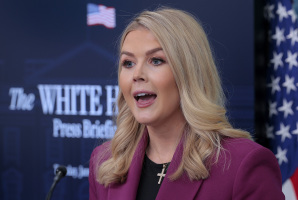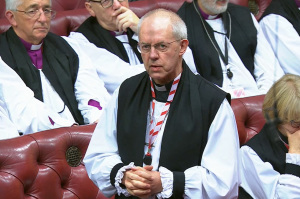Sudan signs US-brokered deal to normalize economic relations with Israel

Sudan has officially signed a peace agreement with Israel, becoming the latest Muslim nation to normalize relations with the Jewish state through the United States-brokered Abraham Accords.
The signing took place last Wednesday at the U.S embassy in Khartoum, the capital of the northeast African nation.
An initial agreement between the two countries was announced in October but the Sudanese government warned that a final decision on the deal rested with a transitional parliament, Reuters reports.
U.S. Treasury Secretary Steven Mnuchin signed on behalf of Washington, while Sudanese Minister of Justice Nasereldin Abdelbari signed on behalf of Khartoum.
The signing comes after the U.S. State Department removed Sudan from its list of state sponsors of terrorism in December, giving the country access to international loans.
The U.S. also agreed to give Sudan a $1 billion “bridge loan” towards its debt to the World Bank.
“They are choosing a future in which Arabs and Israelis, Muslims, Jews, and Christians can live together, pray together, and dream together, side by side, in harmony, community, and peace,” President Trump said in a statement released by the White House last October.
Israel and Sudan would cooperate in agriculture, economy, trade, aviation, migration issues, and other mutual benefit areas, according to the statement.
After decades of living under a brutal Islamist dictatorship “that supported terrorism, the people of Sudan are in charge and democracy is taking root,” the White House noted at the time.
The deal “carries symbolic value" for Israel because Khartoum hosted the 1967 Arab League summit where eight Arab nations approved what became known as the "Three Nos — no peace with Israel, no recognition of Israel and no negotiations with Israel,” The Wall Street Journal explained.
The U.S. Commission on International Religious Freedom had earlier cautiously acknowledged improvements in Sudan’s religious and political atmosphere under the transitional government since the ousting of longtime dictator Omar al-Bashir in 2019. The commission’s former chair, Tony Perkins, visited Sudan last February.
“It is heartening to see a spirit of cautious optimism infuse so many of our conversations with government, religious, and civil society representatives in Sudan,” Perkins said. “We are grateful to Prime Minister Hamdok and other members of the country’s bold transitional leadership who met with USCIRF to convey their explicit desire to bring a new era of openness and inclusivity to their country that suffered for 30 years under brutal and autocratic religious repression.”
After regularly being included among the worst countries in the world when it comes to Christian persecution, Sudan was removed from the U.S. State Department’s list of “countries of particular concern" in December 2019. The "CPC" list designates nations that tolerate or engage in egregious violations of religious freedom
The United Arab Emirates, Bahrain and Morocco have also signed the Abraham Accords to normalize relations with Israel.
U.S. officials hope to encourage the Palestinian Authority to return to negotiations with Israel, according to Reuters. However, Palestinians have said there can be no resolution of the core conflict unless they are involved.
Last September, U.S.-brokered talks also led to the leaders of the rival nations of Serbia and Kosovo to normalize economic ties after decades of dispute.





























